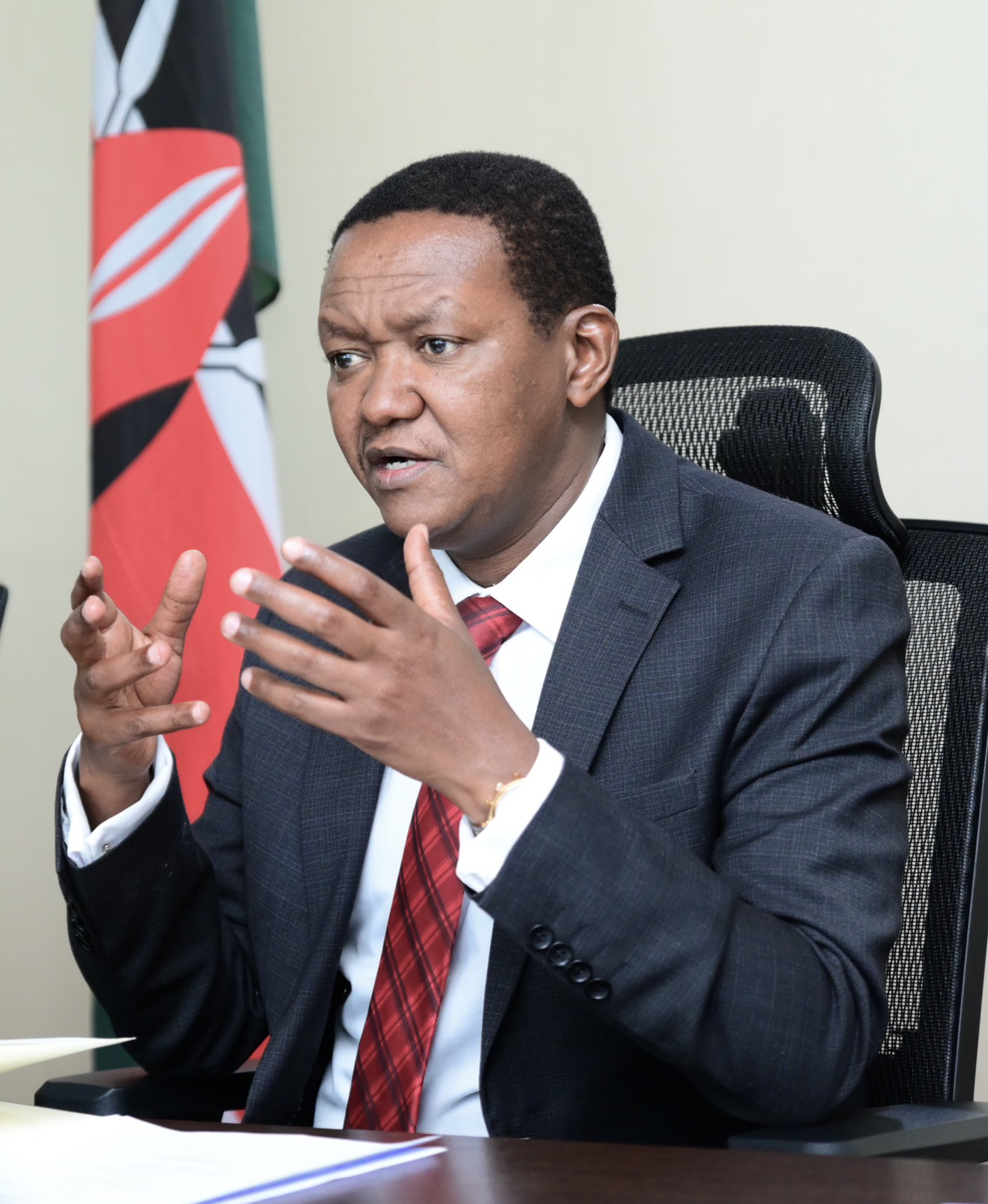Do more to protect migrant workers

The Labour Ministry has announced a raft of reforms aimed at streamlining the recruitment and deployment process for Kenyans seeking jobs abroad in a bid to bring efficiency to labour migration.
Through the reforms, Labour Cabinet Secretary Alfred Mutua has raised the stakes, mainly focusing on the well-being of Kenyan workers seeking job opportunities abroad.
Mutua made changes to pre-departure training and orientation programmes where home-care management training will now be combined with pre-departure training.
This will reduce the total training period from 26 to 14 days, with 10 set aside for home-care training and four for pre-departure orientation.
For other skilled migrant workers, pre-departure training will be reduced to days days. The assessment for these programmes will be completed within five days, and certificates issued in three days.
However, migrant workers who previously worked in Gulf countries as domestic workers and successfully completed their contracts will be exempt from the home-care and pre-departure training requirements.
The government also plans to build a model house, reflecting an Arabic home setting, in Mombasa to help domestic workers prepare for employment in Saudi Arabia, where trainers will be provided with pictures and designs illustrating the minimum standards for an Arabic home.
Whereas these reforms are necessary for capacity building for workers destined for domestic jobs in the Middle East, the legal framework is necessary to be embedded in bilateral agreements on labour migration with destination countries.
While the pre-departure training and orientation are necessary, their employers abroad must commit to matching the skills with good remuneration and a humane working environment.
Mutua should now move a step further and involve labour ministries in the Gulf region to champion migrant-worker safety and security in their jurisdictions.
Employers in the Middle East who have entered the bad books for exploitation and abuse of domestic workers, especially those from Africa, should be made accountable for their actions through an internationally binding legal agreement on the welfare of foreign workers.
It will be of no use for the Kenyan government to invest in equipping Gulf-bound workers with such skills only for them to be subjected to deplorable working conditions in a foreign land.











